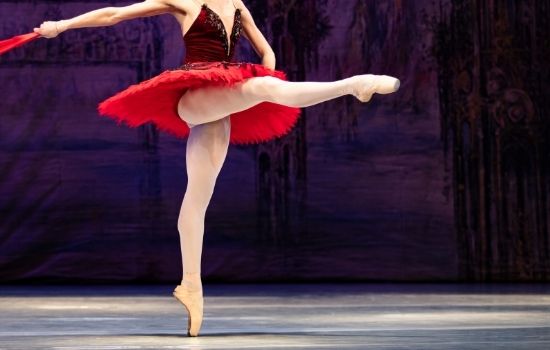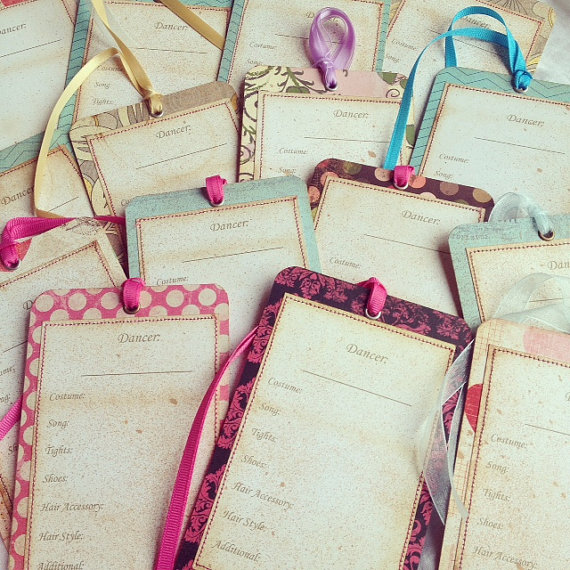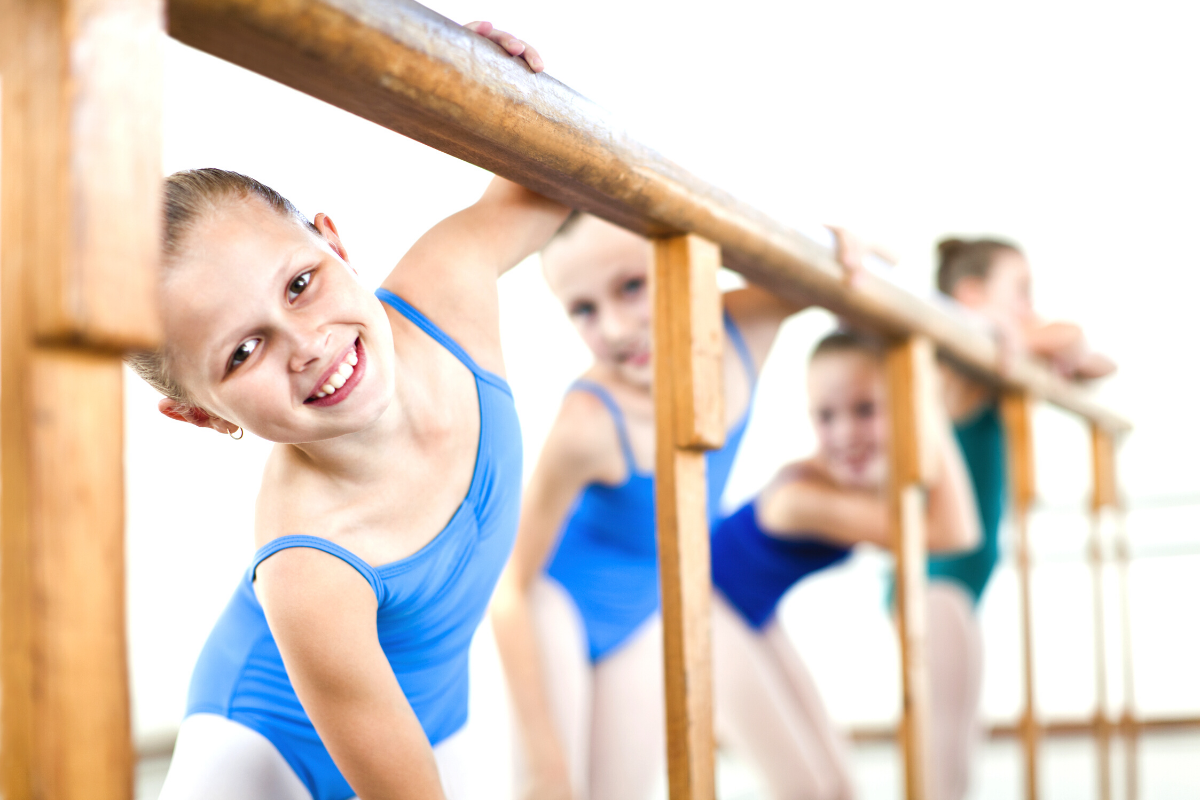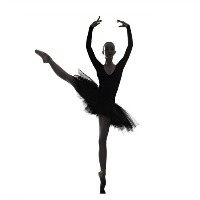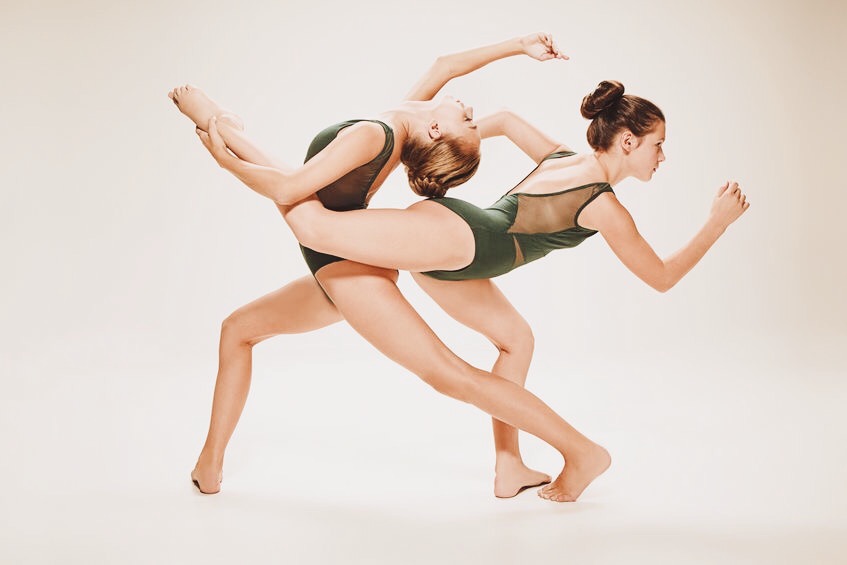Dance Recital Tips For First-Time Dance Parents
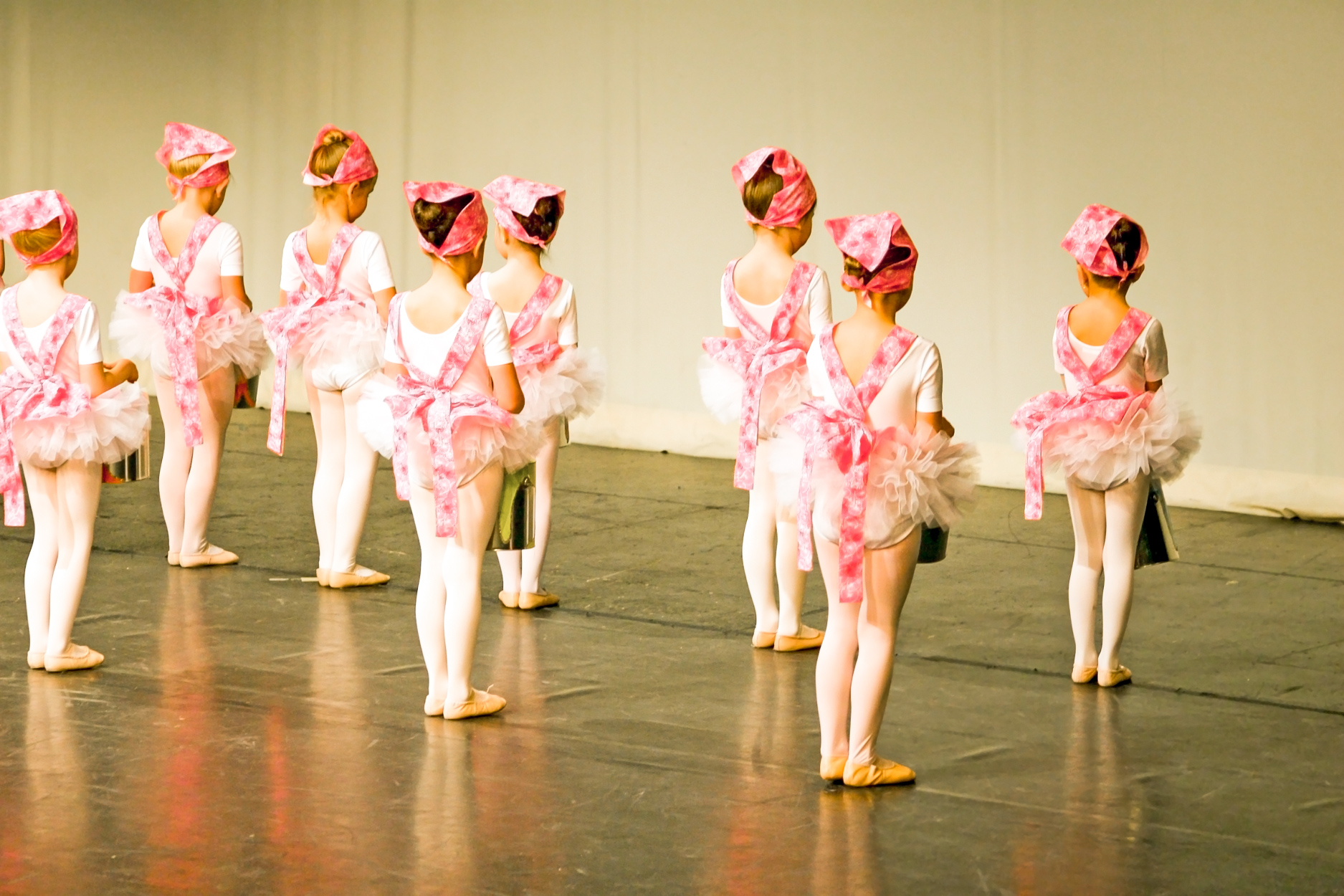
This post may contain affiliate links that allow us to earn a small commission at no additional cost to you.
Attending a dance recital can be an exciting experience for first-timers. Whether you are a first-time dance parent or an adoring family member or friend, be ready to be entertained! Here’s your guide to making the most out of your first dance recital experience.
What Is A Dance Recital?
A dance recital is a performance typically held in May or June. During the recital, dance studio students showcase the dance routines and skills they have learned and practiced over the past year. It is an opportunity for dancers of various levels, from beginners to advanced, to perform on stage in front of an audience of family, friends, and fellow dancers.
Dance recitals often feature dancers in costumes performing a variety of dance styles, such as ballet, jazz, tap, hip-hop, and contemporary. The event is organized into different segments or acts, with dancers grouped by age, skill level, or dance style. Younger dancers often perform in one recital, while older dancers may participate in several.
Why Is It Called A Recital?
Fun Fact: It comes from the French word “réciter,” which means to recite or recount. A dance recital allows dancers to expressively “recount” choreographed movements through performance.
How Long Does A Dance Recital Last?
How long a recital is can vary significantly by studio, but typically, they are 2 hours or more. Studio Owners usually make great efforts to make the day as short as possible. Your dancer may take ballet and tap – both of their dances may be in the first half of the recital, so for the second half, they can either sit in the audience to watch others or leave early. If your young dancer is a part of the finale, they may be seated backstage with a volunteer to wait until that number while you can enjoy the rest of the show. Before the recital, you will have a dress rehearsal, allowing you to gauge exactly how long the dance recital will be.
Where Is The Dance Recital Held?
Most annual recitals are held in a local theater, performing arts venue, high school, or university auditorium.
What Do Dancers Wear In A Dance Recital?
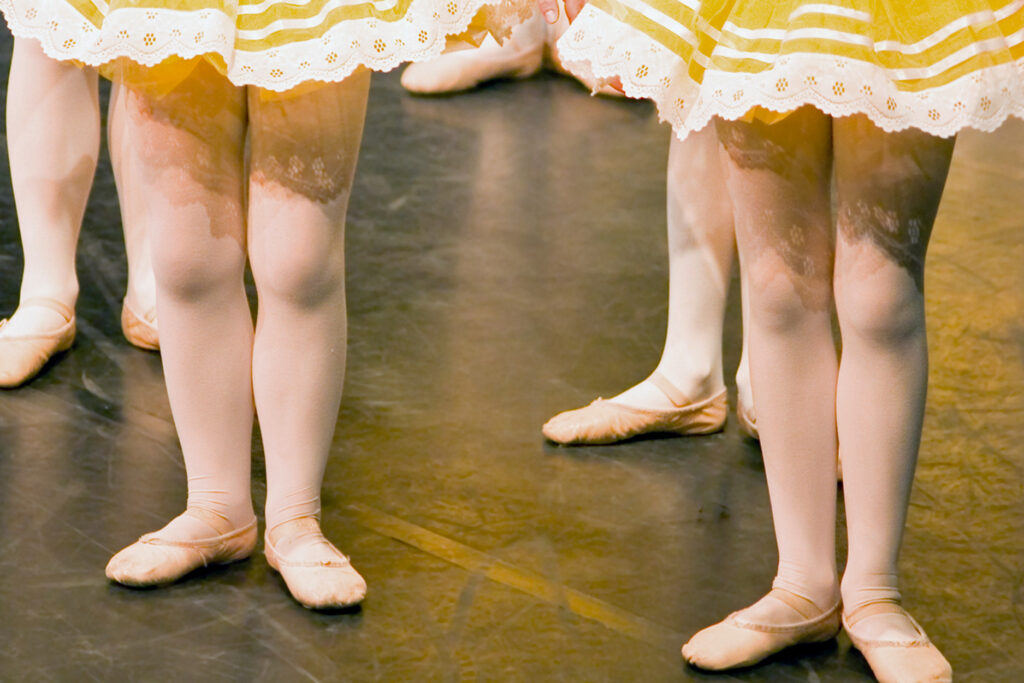
Your dancer will perform a dance for each class that she takes. Depending on the dance style, your dancer will wear a dance costume, tights, and the shoes they wear during class. In addition, you may have a hair accessory for your dancer’s hair. If your dancer is young, for example, they take tap and ballet – the leotard may be the same for both numbers, but there may be a simple skirt change to make the changing process as easy as possible. For example, the ballet number would have a simple tutu to slip over the leotard, and the tap number may have a sequined or fringed skirt.
Does My Dancer Need To Wear Stage Makeup?
For most dance recitals, it is recommended that dancers wear stage makeup. There are a few key reasons for this:
- Stage Lighting – The bright stage lights can wash out facial features from the audience’s perspective. Wearing heavier makeup helps the dancer’s face stand out and not look washed out under the lights.
- Facial Expressions—Stage makeup helps accentuate the dancer’s facial expressions and emotions, which are essential to the performance.
- Look Polished – Makeup creates a more polished and put-together look fitting for a stage performance rather than an everyday look.
- Maintain Tradition – Wearing stage makeup is a long-standing tradition in the dance performance world, especially for styles like ballet.
However, the amount and style of stage makeup often depend on the dancer’s age and the dance studio’s policies. Young dancers may wear lip color and blush, while older dancers wear a more dramatic look with heavier foundation, eye makeup, false lashes, etc. Your child’s dance teacher will be more than happy to guide you on this. But in general, some level of enhanced stage makeup helps dancers look their best under the bright lights.
Do I Have To Pay To Attend A Dance Recital?
Recital tickets – usually, there is a ticket fee to attend a recital. This allows the studio to pay for the venue and programs, hire a sound and lighting crew and a videographer, pay a cleaning fee, and pay the dance studio staff for their time. Ticket prices vary greatly depending on the studio’s location and the venue’s size needed for the performance. When signing up your dancer, it is always a good idea to ask this question. This way, you avoid any surprise fees you did not count on.
Who Should Attend My Dancer’s Recital?
Many families take the approach of the more the merrier, especially if they have a lot of family nearby. But what about young children? If your dancer has a younger sibling attending, you will be the perfect person to gauge if your younger child can sit quietly during the performance. If not, leave the child home with a sitter or family member or have one parent stay long enough to see your dancer perform and take the youngest sibling home early. In my experience, younger siblings are usually so entertained by all the lights, music, and dances that they are attentive and do not disrupt. Your goal is to make this a fun experience for all of you!
Can We Take Pictures and Video At The Recital?

This will vary from studio to studio. Some only allow parents to video and take photos at dress rehearsal. This can be a great approach because it will enable you to be in the moment on the recital day and fully engaged in watching your dancer on stage. Studios will hire a videographer to video the entire recital, and they are available for purchase.
Do You Bring Gifts To A Recital?
It is not required, but bringing a small gift to a dance recital is a common and thoughtful gesture, especially for the dancer’s instructor(s).
Some typical gifts people may bring to a dance recital include:
- Flowers (bouquet or single stem) – One of the most popular gifts, often given after their performance.
- Gift card – For dance teachers or teen dancers, gift cards to dancewear stores, restaurants, spas, etc. are appreciated.
- Personalized gift – Things like an engraved hair accessory case, dance bag, dancewear or water bottle.
- Treats – Boxes of chocolates or other sweet treats that dancers can enjoy after the recital.
- Congratulatory card – A card with a message of congratulations on their hard work.
- Dance-themed items – Stuffed animals, ornaments, or trinkets with a dance motif.
The gifts are meant as a token of appreciation and celebration for the dancer’s dedication. However, they are optional, as simply attending and cheering on the performer is the main way to show support.
Dance Recital Tips
Here are some helpful tips for first-time dancers and dance parents attending a recital:
For Dancers:
- Practice! Keep rehearsing your routine at home so you feel confident on stage. If your dancer wants to do this or loves the song they are dancing to, go with it. If not, don’t force it. Just showing up and dancing on a big stage in front of many people is an accomplishment.
- Get plenty of rest the night before and eat a nutritious meal before the recital.
- Arrive early to get settled, do their hair/makeup at home if that is easiest
- Use bathrooms backstage and drink water, but avoid messy foods before performing.
For Parents:
- Attend Dress Rehearsal and take notes on anything you think will make the day go more smoothly.
- After dress rehearsal, double-check that you have your dancer’s shoes, costumes, tights, and accessories.
- Double-check your recital time.
- Have them wear easily removable warm-ups over costumes before going on stage.
- Pack a recital bag with extra tights, hairspray, bobby pins, snacks, bottled water.
- Arrive early to allow time for parking, dressing, and finding your seats.
- Take a deep breath as they take the stage for the first time – it’s so fun to see them on stage
- Remember your camera or cell phone.
- Be supportive and positive – celebrate their hard work no matter what!
General Tips:
- Follow all rules about dressing rooms, backstage rules, and recital protocols.
- Have fun making memories at this special dance milestone!
The most important things are supporting the dancer and allowing them to enjoy their recital experience. For more dance recital etiquette tips, see this guide.
Photos You Will Want To Capture The Day Of The Recital
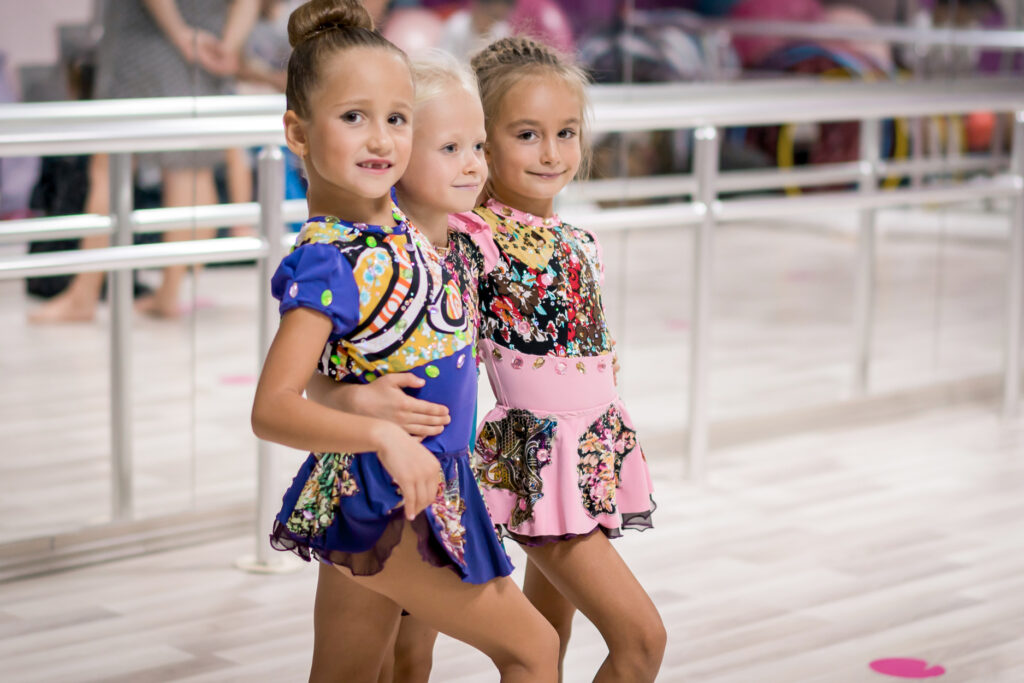
- Your Dancer and her dance teacher
- Dance friends
- You and your dancer
- Dancer with immediate family, grandparents, aunts, uncles, cousins and anyone else there to support them!
Happy recital season! Here’s to the first of many!
